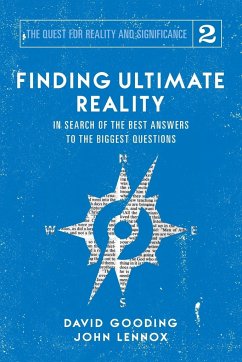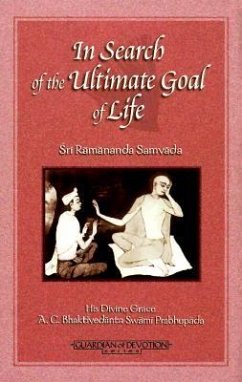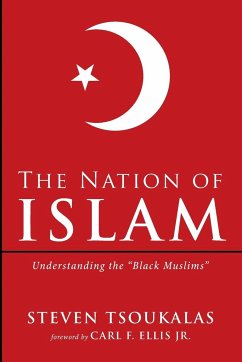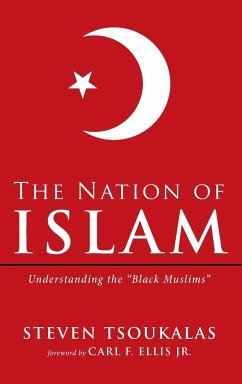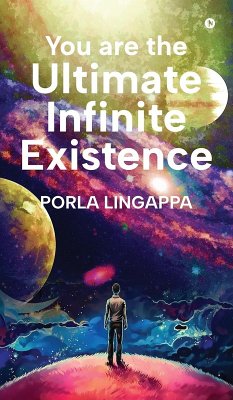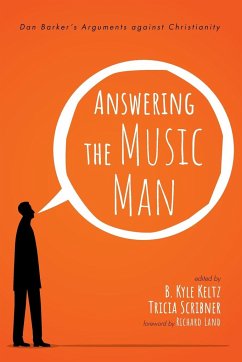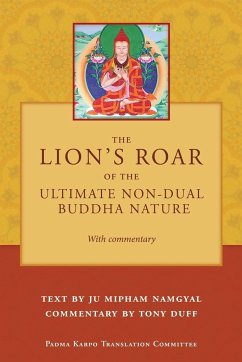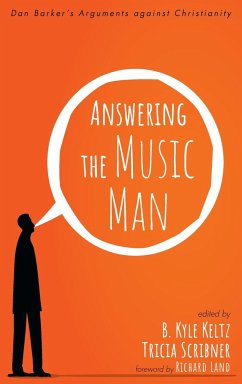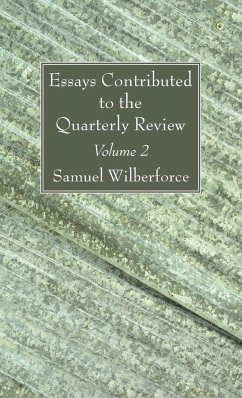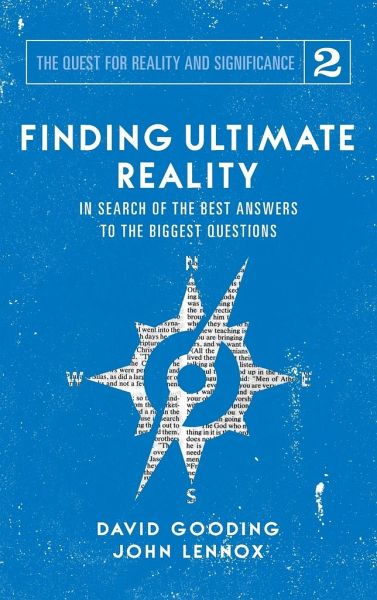
Finding Ultimate Reality
In Search of the Best Answers to the Biggest Questions

PAYBACK Punkte
11 °P sammeln!
We need a coherent picture of our world. Life’s realities won’t let us ignore its fundamental questions, but with so many opposing views, how will we choose answers that are reliable? In this series of books, David Gooding and John Lennox offer a fair analysis of religious and philosophical attempts to find the truth about the world and our place in it. By listening to the Bible alongside other leading voices, they show that it is not only answering life’s biggest questions—it is asking better questions than we ever thought to ask. In Book 2 – Finding Ultimate Reality, they remind us...
We need a coherent picture of our world. Life’s realities won’t let us ignore its fundamental questions, but with so many opposing views, how will we choose answers that are reliable? In this series of books, David Gooding and John Lennox offer a fair analysis of religious and philosophical attempts to find the truth about the world and our place in it. By listening to the Bible alongside other leading voices, they show that it is not only answering life’s biggest questions—it is asking better questions than we ever thought to ask. In Book 2 – Finding Ultimate Reality, they remind us that the authority behind ethics cannot be separated from the truth about ultimate reality. Is there a Creator who stands behind his moral law? Are we the product of amoral forces, left to create moral consensus? Gooding and Lennox compare ultimate reality as understood in: Indian Pantheistic Monism, Greek Philosophy and Mysticism, Naturalism and Atheism, and Christian Theism.





